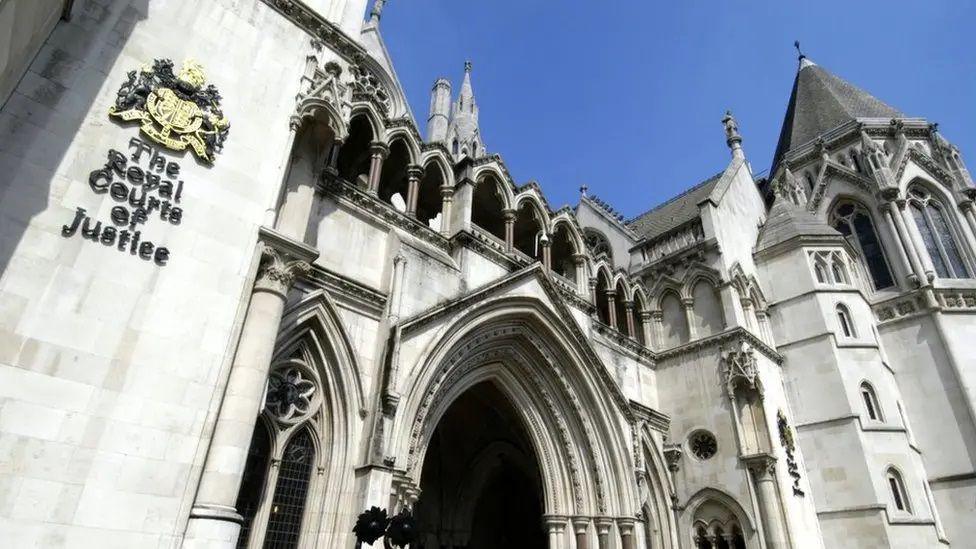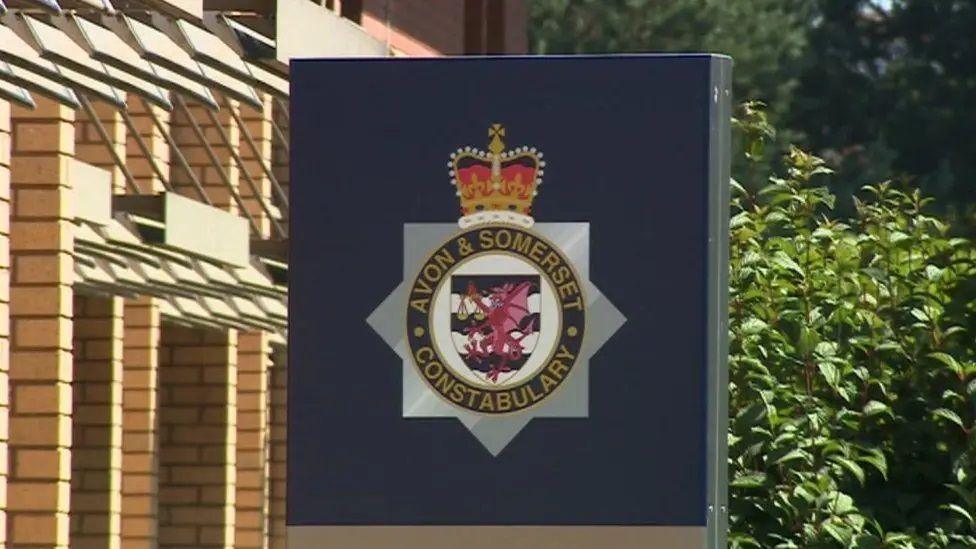'Irrational' to revoke officer's status, court told

Joseph Quirke is taking legal action against Avon and Somerset Police
- Published
A police force made an "irrational" decision to revoke an officer's vetting status due to allegations made against him almost a decade earlier, the High Court has been told.
Joseph Quirke was 18 when he was arrested in November 2014, after a 14-year-old girl alleged she had sent intimate pictures to him when he was 17.
No further action was taken against Mr Quirke and the investigation was closed by Avon and Somerset Police in 2015.
He became an officer with the force in 2019 but in January 2023 it revoked his vetting status due to the allegations, meaning he could not be signed off as a police officer.
Mr Quirke, now 28, has taken legal action against the constabulary, with his barrister telling the High Court on Tuesday that the decision had been “irrational”.
The force is opposing the claim, with its lawyers telling the court the decision was “open to a reasonable decision maker”.
Mr Justice Fordham will give his judgment in writing at a later date.

Mr Quirke was approved for vetting status in 2019 on appeal, after initially being refused
Mr Quirke's vetting status was granted after an appeal in 2019, as it had originally been refused.
He applied for a higher vetting status in 2022 which would have allowed him to carry out further duties.
The application was later withdrawn but it led to a full review of his vetting status and its eventual revocation in January 2023.
An appeal against the decision was later dismissed.
'Counting paperclips'
Kevin Baumber, representing Mr Quirke, said that the “credibility of the allegation was extremely poor” and that after the complainant was asked to provide her phone, police were told she had thrown it away.
He also said that the complainant had alleged there were “further victims”, but these girls “emphatically denied” the claim when spoken to by officers.
Mr Baumber added that police had “not kept any record of that successful vetting process” and that “PC Quirke served without adverse incident” from then on.
He added that employees without vetting status could get jobs “counting paperclips”, but added: “The position taken by this and most forces… is that if one loses recruitment vetting, that renders one with an inability to do the job.”
'Protect the public'
Mark Ley-Morgan, for the force, said that “the purpose of vetting is to protect the public” and that “the fact that the matter was not progressed is not a ‘powerful’ reason to grant clearance”.
He added: “The claimant’s submission is, effectively, that no reasonable decision-maker could have suspected that the claimant had been involved in criminal activity. With respect, that submission is untenable.
“The claimant is not suspected of minor shoplifting at the age of 13. He is suspected, when almost 18-years-old, of asking a 14-year-old child to send him indecent images.
“The decision not to uphold the claimant’s appeal was not irrational. It was a decision that was open to a reasonable decision maker to make.”
Follow BBC Bristol on Facebook, external, X, external and Instagram, external. Send your story ideas to us on email or via WhatsApp on 0800 313 4630.